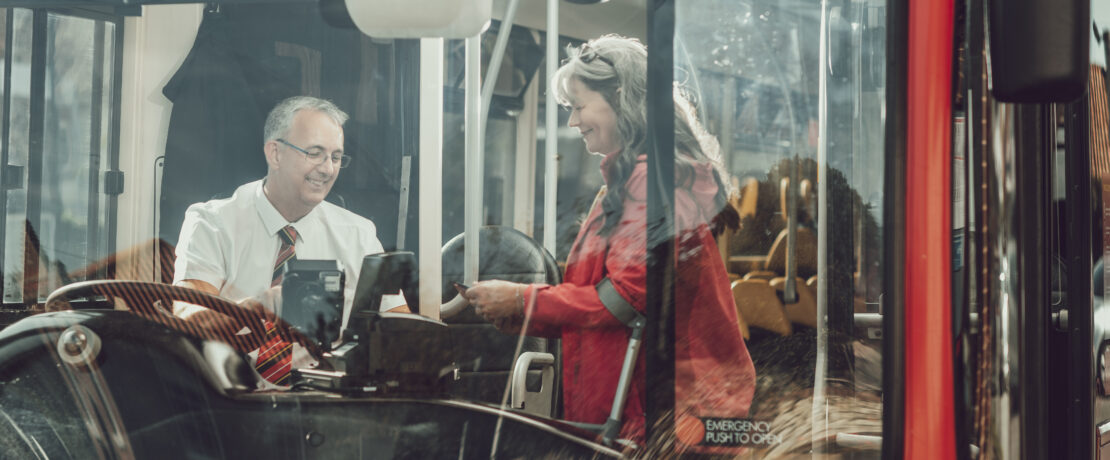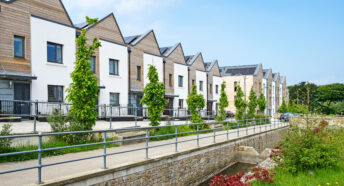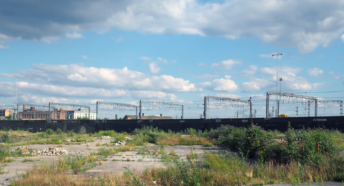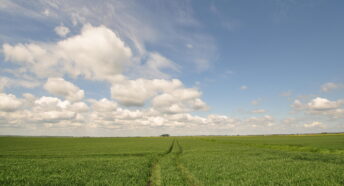How we can transform transport in rural communities
Rural communities need and deserve better transport fit for the future. To achieve this, we need a joined-up approach to development and transport planning alongside behavioural shift. We need to change how we think about transport.
To ensure our countryside is future-proofed, a starting point is shifting the emphasis from private car travel to active travel and public transport – the most sustainable ways to get around. Sustainability in travel can be visualised by using our transport hierarchy: the most environmentally-friendly transport methods are walking, wheeling and cycling, followed by public and shared transport and sustainably fuelled vehicles. The bottom of the hierarchy is made up of the most pollutive methods of transport which are internal combustion engine (ICE) vehicles, water transport and lastly aviation. This hierarchy seeks to reduce the number of emissions from transport making the countryside fit the future and aiding the UK government in reaching net zero targets.
Long-term change
CPRE is calling on the next government to prioritise modal shift (a change in focus towards a more environmentally friendly transport system). One of the major barriers to effective modal shift is the lack of suitable and adequate transport provisions in our countryside, which forces car dependency. This modal shift will allow for better, healthier, safer and greener neighbourhoods and communities. While the countryside is next door to 30 million people, there are countless physical and mental health benefits of having access to green space. To encourage this modal shift, public transport needs to be affordable, reliable and safe. The £2 bus fare cap was a great example of an incentive to use the bus network over using a car, however, the services need to be reliable, and providers need stability for the long-term change to be embedded in society.
Tackling car dependence
The current focus on car-centric travel and developments is detrimental to progress and levelling up. There are too many unsustainable developments and often they are out of town, with a lack of access to amenities and facilities. This means getting around by public transport or bike is made difficult or impossible. Planning policy needs to be amended to encourage more dense residential development in and around village and town centres.
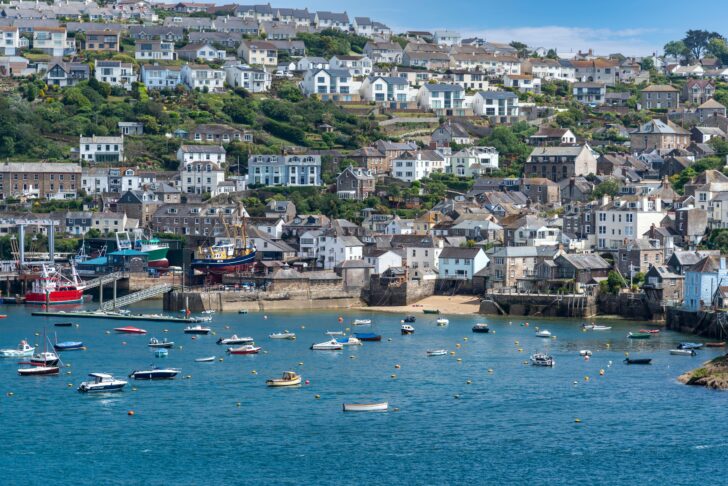
But we’re not calling for tower blocks or town cramming. The kind of density we are thinking of is that which you typically see as part of the established character of Cornish fishing villages. Well-planned new housing not only revitalises high streets but encourages walking to the shops and other amenities as well as using public transport to get around. The seeming desire from policymakers to continue road building does not and will not help. Increasing road capacity does not reduce traffic and congestion, and any reduction in traffic volume will come from reducing the number of cars on the road. Public transit is the solution, and rather than build new roads, we need to improve existing ones.
Shift in attitudes
The countryside is crying out for a shift in attitudes toward rural transport by both policymakers and rural dwellers. Understandably, some rural dwellers may brush off rural transport. This is down to years and years of ineffective management and delivery. People do use buses and trains but are routinely let down which pushes them to use private vehicles. People do want to cycle but feel unsafe on narrow rural roads that have high speed limits.
For our countryside to become sustainable we need the infrastructure to encourage modal shift, so that the children that grow up there always know the bus will be on time with an integrated ticket for the train for travelling. Whilst the private car may always be a part of rural life, there needs to be adequate alternatives for those who cannot or are unable to drive. The lack of public transport provisions creates transport deserts leading to transport poverty which has great financial and social costs to society and people. This is why investment in public transport is essential.
Joined-up approach
We need a holistic approach to transport. This includes re-opening rail lines where appropriate and upgrading stations to become transport hubs with integrated timetabling with buses and coaches. The phrase ‘build it and they will come’ rings true for public transport in rural England. The infrastructure needs to be in place and of a higher quality so modal shift and behaviour change can occur. Straightforward quality of life fixes can also help, such as adding live updates to bus stops using solar energy, making sure the stops are sheltered and accessible.
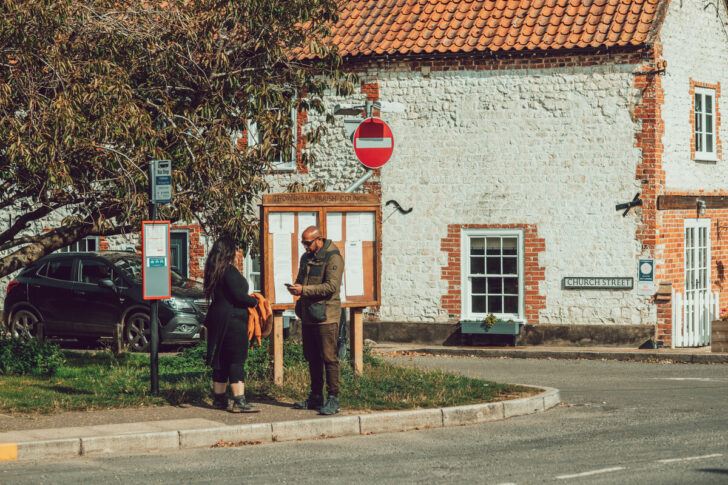
Policymakers in and representing rural areas need to be ambitious about what the countryside can offer, and how it can function productively, sustainably, and effectively in a changing climate world. There needs to be an awareness that blanket policies will not work sufficiently, there are different needs between rural and urban. We need to see more cross-departmental dialogue in government to ensure that each department is pursuing and recognising the rural agenda. This would have a profound impact if done as part of a land use framework.
Cleaning up freight emissions
As transport makes up a third of all UK emissions, the solutions go beyond just how individual people navigate their way around. The movement of goods and freight is crucial in reducing emissions on our drive to net zero. Every sector, every business and every individual must be ready to make a shift and adapt to the future. Collaboration and a willingness will be what drive fundamental change. There needs to be improvements to road freight logistics to ensure the most appropriate journeys are being taken, any future warehouse expansion should be in suitable locations for maximum efficiency for further distribution whether that be by water or rail. Expansions of the rail freight would be welcome to relieve pressure on strategic roads which in turn limits the need to build more roads.
Better transport
Better Transport Week has highlighted solutions to problems and shown that there is a willingness to do better. CPRE will continue to advocate for integrated land use and transport planning alongside pushing for a modal shift and behavioural change to make our countryside resilient.
